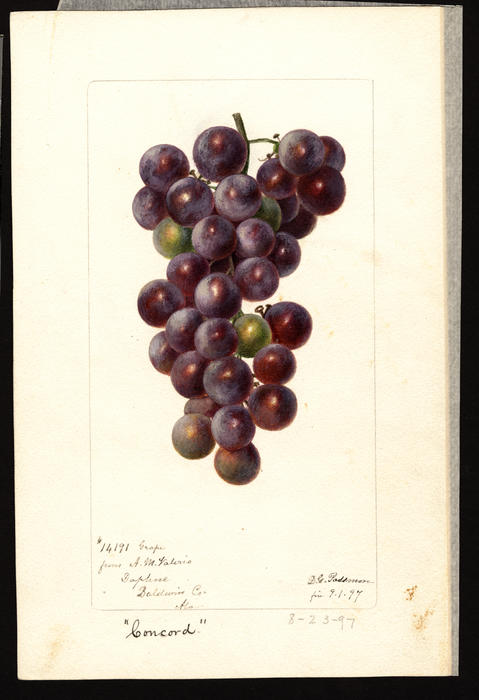I missed posting these last week (oops).
Blueberries set the standard for industry-funded studies (I discussed the origins of blueberry-industry funding in my book, Unsavory Truth). Blueberry producers are still at it. Here are two examples.
I. This one started with a press release sent to my email:
From: Blueberries <updates@blueberrycouncil.org>
Date: August 29, 2023 at 11:59:59 AM EDT
Subject: Study Alert: New Research Links Blueberries to Gut Health Benefits
A new study published in Nutrients suggests blueberries may hold benefits for those suffering from functional gastrointestinal disorders (FGID). In this study, FGID patients saw greater abdominal symptom relief and improved markers of well-being, quality of life, and life functioning after consuming freeze-dried blueberry powder for 6 weeks as compared to a placebo treatment.
The study: Wilder-Smith CH, Materna A, Olesen SS. Blueberries Improve Abdominal Symptoms, Well-Being and Functioning in Patients with Functional Gastrointestinal Disorders. Nutrients. 2023; 15(10):2396. https://doi.org/10.3390/nu15102396.
Conclusion: Blueberries relieved abdominal symptoms and improved general markers of well-being, quality of life, and life functioning more than placebo in patients with FGID. Consequently, the polyphenol and fiber components of blueberries exert broad beneficial effects separate from the sugars present in both treatments.
Funding: This research was funded by a grant from the US Highbush Blueberry Council.
Comment: Of course it was.
II. I read about this one in ConscienHealth.
Burning Fat with Wild Blueberries in 11 Athletes
This is nearly perfect clickbait that is just about meaningless for an average person in real life. Researchers did a study of fat oxidation after consuming freeze-dried powder from wild blueberries. They found an increased oxidation rate associated with consuming that powder in the 11 aerobically trained males they studied. So the press office at Cal Poly Humboldt, where the researchers work, issued a release saying wild blueberries help with burning fat. From there, twitter and health reporters take the next leap, writing headlines like “eating wild blueberries can help you lose weight.”
The study: Pilolla KD, Armendariz J, Burrus BM, Baston DS, McCarthy KA, Bloedon TK. Effects of Wild Blueberries on Fat Oxidation Rates in Aerobically Trained Males. Nutrients. 2023; 15(6):1339. https://doi.org/10.3390/nu15061339.
Conclusion: “Results indicate that WBs may increase the rate of FAT-ox during moderate-intensity activity in healthy, active males.”
Funding: “This research was funded by Cal Poly Humboldt’s Dean of Research.* Freeze-dried Wild blueberry powder was donated by the Wild Blueberry Association of North America (WBANA).“
Comment: I agree that simply providing product to be tested is not an earth-shaking conflict of interest, but because the powder came from the WBANA the ties seem closer. In any case, the idea that blueberry powder—not nearly as delicious as the real thing—can have these kinds of effects should raise eyebrows from the get go. Studies of the health effects of one sincle food always require critical thinking and more than a modicum of skepticism.
As for the asterisk*: My son went to Humboldt State College (long before it was taken over by Cal Poly) so I was especially interested in this.



